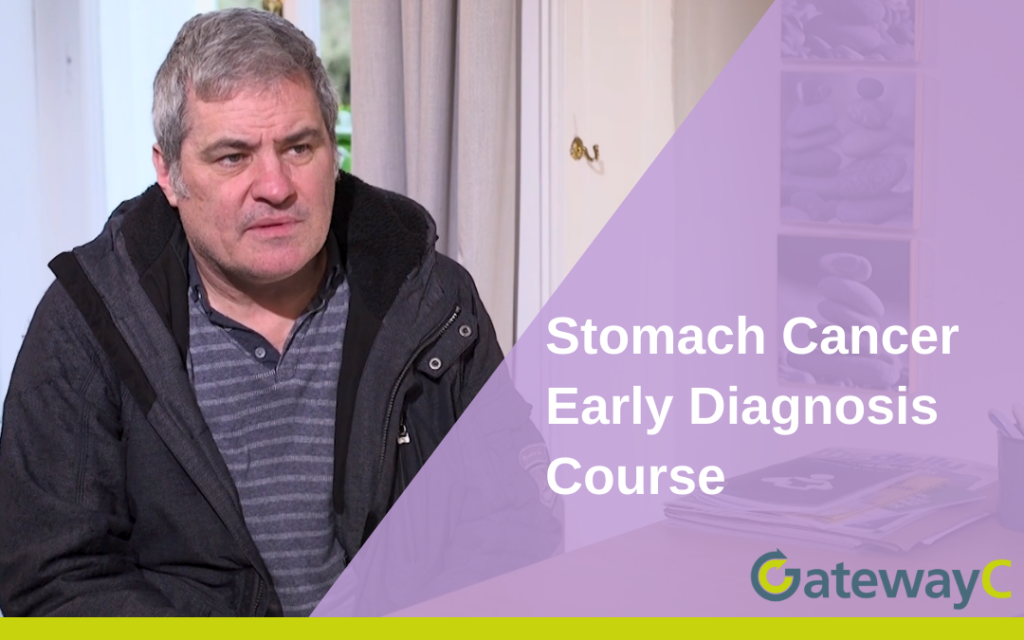Bowel cancer in young adults and the use of a Bowel Symptoms Diary
25th April 2022
Bowel cancer cases are increasing in adults aged under 50 in England, according to The British Journal of Surgery. Even though incidences of bowel cancer cases are lower in this age group than older populations, the incidence is still significantly high with 2,500 younger people being diagnosed annually.
Bowel cancer symptoms include bleeding from a patients’ bottom and/or in their stools, a persistent and unexplained change in bowel habit, unexplained weight loss, a pain or lump in stomach area and extreme tiredness for no obvious reason. ‘Change in bowel habit’ means anything that isn’t normal, for example looser stools or going to the toilet more often or less often.
A bowel symptoms diary can be a helpful way for patients who are experiencing bowel issues to keep track of their symptoms. A diary can be used to allow patients to clearly outline exactly what is concerning them through using tick boxes and text descriptors to illustrate details such as frequency or severity of symptoms. It is advised for patients to fill their bowel cancer symptoms diary for a period of at least three weeks to accurately report the symptoms. Patients may also experience varying symptoms that they may wish to note such as experiencing any mucus in their stools, a sensation of wanting to go to the toilet without passing anything, changes in the colour and consistency of stools or the number of times they need to go.
It is important to encourage patients to provide as much detail as possible within their diaries. Some useful questions to ask patients disclose include:
- When did you first notice your symptoms?
- Do your symptoms come and go?
- Are you going to the toilet more or less often than usual?
- Do you have any pain when you go to the toilet?
- Have any members of your family had cancer?
- If so, roughly how old were they and what type of cancer did they have?
- Have there been any changes in your life recently e.g. change in diet, medicines or any recent travel abroad?
It is vital that healthcare professionals are thorough in their investigations surrounding suspected bowel cancer, and don’t overlook younger populations; because younger bowel cancer patients have been recognised for experiencing significant negative differences in their diagnosis, treatment, and care. The real threat is that this group has a higher chance of being admitted as an emergency patient and diagnosed through that route which is more difficult to treat.
Find out more:


